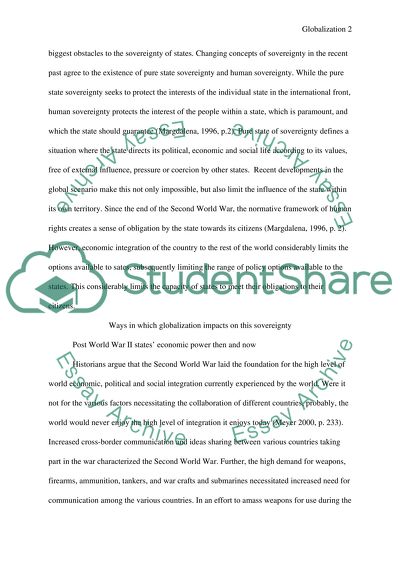Cite this document
(Analysis of Whether Globalization has Caused the Decline of the States Literature review, n.d.)
Analysis of Whether Globalization has Caused the Decline of the States Literature review. Retrieved from https://studentshare.org/macro-microeconomics/1634835-has-globalization-caused-the-decline-of-the-states-economic-importance
Analysis of Whether Globalization has Caused the Decline of the States Literature review. Retrieved from https://studentshare.org/macro-microeconomics/1634835-has-globalization-caused-the-decline-of-the-states-economic-importance
(Analysis of Whether Globalization Has Caused the Decline of the States Literature Review)
Analysis of Whether Globalization Has Caused the Decline of the States Literature Review. https://studentshare.org/macro-microeconomics/1634835-has-globalization-caused-the-decline-of-the-states-economic-importance.
Analysis of Whether Globalization Has Caused the Decline of the States Literature Review. https://studentshare.org/macro-microeconomics/1634835-has-globalization-caused-the-decline-of-the-states-economic-importance.
“Analysis of Whether Globalization Has Caused the Decline of the States Literature Review”, n.d. https://studentshare.org/macro-microeconomics/1634835-has-globalization-caused-the-decline-of-the-states-economic-importance.


